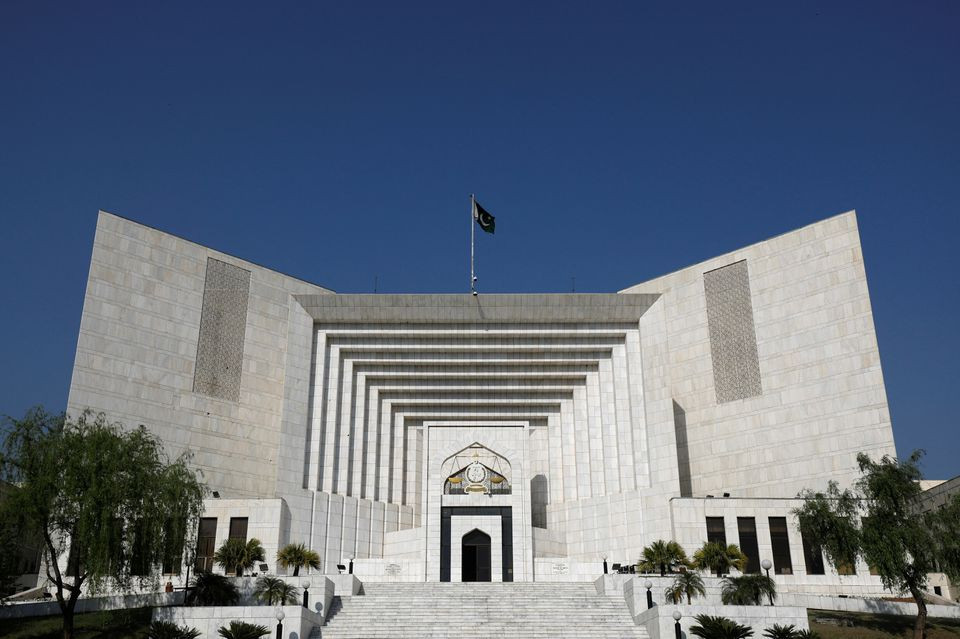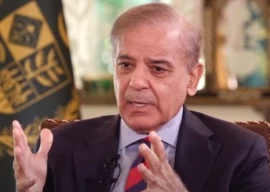
The Supreme Court on Thursday reserved its verdict on the National Accountability Bureau (NAB) amendments case following the completion of arguments.
In its written order, the apex court declared that if any party wished to submit a written reply, it could do so within seven days. It further sought NAB’s 10 years’ budget details.
A five-judge bench led by Chief Justice Qazi Faez Isa and comprising Justice Aminuddin Khan, Justice Jamal Khan Mandokhail, Justice Athar Minallah, and Justice Syed Hasan Azhar Rizvi, heard the federal government's intra-court appeal.
Representing the PPP, Farooq H Naek presented his arguments before the court.
The federal government had challenged the apex court’s majority verdict in September last year, declaring amendments to the National Accountability Ordinance (NAO) 2002 illegal.
After concluding the arguments, the court reserved its decision. Chief Justice Isa drafted the order for Thursday’s proceedings.
In the written order, the chief justice stated that any party wishing to submit a written response may do so within seven days.
The court while rejecting the NAB’s report in the case expressed displeasure and sought the anti-graft buster’s 10-year budget record and details of expenditure.
It declared that NAB’s claim of recovering $10 billion in its report in the Reko Diq case was “surprising”, noting that no fact or evidence was presented to support the assertion.
It hoped that the institutions would refrain from such “misstatements” in the courts.
The chief justice remarked that suspending a law made by the parliament was an insult to the parliament.
He noted that while a law contradicting the Constitution could be repealed, a law passed by Parliament could not be suspended.
Naek argued that no NAB cases were initiated during the PPP's tenure. To this, the chief justice responded, "Do not bring the party's matters before us." Justice Athar Minallah questioned how the federal government was affected.
"Transparency and accountability are paramount," the chief justice remarked. "We expect detailed records and clear answers."
Earlier, Chief Justice Isa remarked that excluding unelected individuals from the domain of the NAB law was discriminatory.
Justice Minallah asked why only elected public office holders were subjected to NAB's jurisdiction and were the unelected excluded. He added that the exclusion of unelected individuals from the jurisdiction of the NAB law was discriminatory.
Justice Minallah remarked that no elected representative or relevant minister could make a summary without the approval of the secretary concerned. "If a secretary writes in the summary that this is against the rules, can the minister approve it? High-ranking officials should have the courage to deny it."





1725967717-0/Untitled-design-(3)1725967717-0-165x106.webp)




1724919650-0/Untitled-design-(5)1724919650-0-270x192.webp)










COMMENTS
Comments are moderated and generally will be posted if they are on-topic and not abusive.
For more information, please see our Comments FAQ